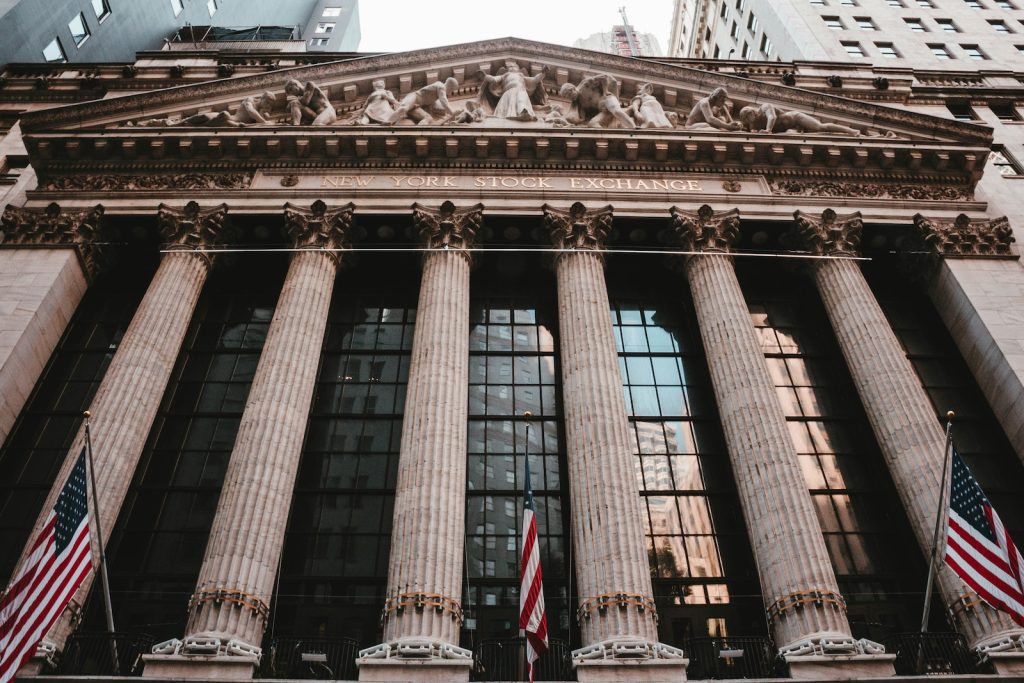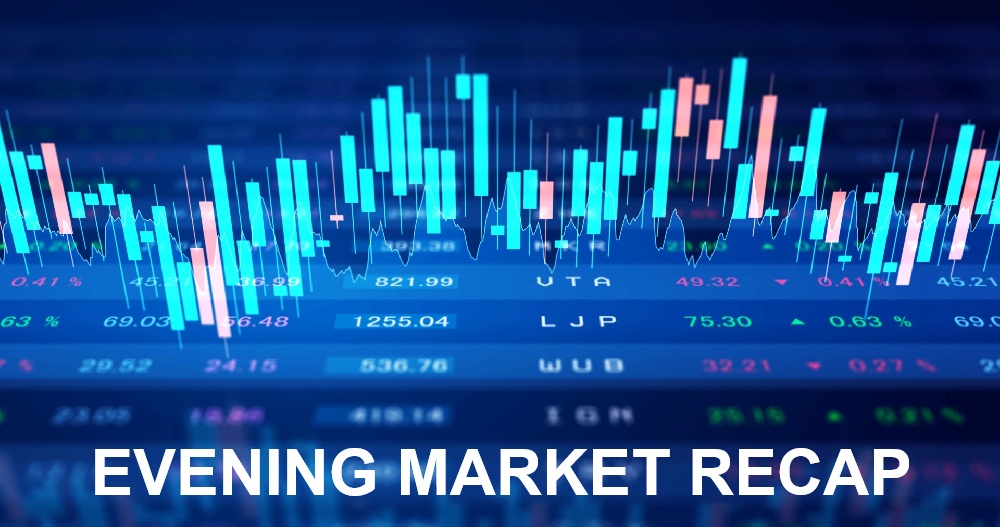As President Donald Trump’s so-called “Liberation Day” looms, global markets are bracing for impact—and showing clear signs of strain. On Monday, the S&P 500 whipsawed through a turbulent session before closing up 0.6%, after having sunk as much as 1.7% earlier in the day. The reversal trimmed the index’s quarterly loss to 4.6%, still its worst showing in more than two years.
The Dow Jones Industrial Average rebounded from a morning slump to end 417 points higher, a 1% gain, while the tech-heavy Nasdaq Composite edged down 0.1%, weighed by sharp declines in Tesla and Nvidia—two of the most closely watched barometers of market sentiment.
Such gyrations have become increasingly familiar on Wall Street, where uncertainty over Trump’s evolving tariff agenda has unsettled investors. The stakes are high: his push for “reciprocal” trade duties could strain diplomatic ties, drive up consumer prices, and stifle economic momentum.
Markets overseas echoed the anxiety. Tokyo’s Nikkei 225 plunged 4%. Seoul’s Kospi lost 3%, and Paris’s CAC 40 dropped 1.6%, underscoring the global scope of concern.
Investors, seeking refuge from the storm, rotated into traditional safe havens. Gold surged past $3,160 an ounce at one point, and U.S. Treasury yields fell as bond prices climbed. The 10-year Treasury yield dropped to 4.21%, down from 4.27% on Friday and well off its January high near 4.80%.
The upcoming April 2 unveiling of Trump’s tariff regime has economists and policymakers on edge. While specifics remain elusive, Trump has indicated his measures will mirror the trade burdens imposed on the U.S. by its partners—including value-added taxes and other levies.
Goldman Sachs economists now anticipate an average 15% tariff and have accordingly revised their forecasts: inflation is expected to rise, growth to cool, and the probability of a recession in the next year has jumped to 35%, up from 20%. David Mericle, a senior economist at Goldman, attributes the downgrade to “falling confidence” and a growing sense that the administration is prepared to endure economic fallout in pursuit of its agenda.
The ambiguity surrounding April 2 raises a key question: will it mark a decisive turning point, or merely another waypoint in an ongoing policy tug-of-war? Analysts at Morgan Stanley warn it may be neither a breakthrough nor a resolution. “Policy uncertainty and growth risks are likely to persist,” strategist Michael Wilson cautioned. “It’s a question of to what degree.”
Even if the tariffs are less aggressive than feared, the broader economic impact of unpredictability could be profound. Households and businesses, wary of what’s to come, may begin to pull back spending—a move that could undercut the sturdy pace the U.S. economy had enjoyed just months earlier.
Tech stocks bore the brunt of Monday’s selling. Tesla dropped 1.7%, extending its year-to-date loss to 35.8%, as the automaker’s fate remains inextricably tied to its mercurial CEO, Elon Musk. Once a symbol of innovation, Musk is now a lightning rod for political criticism, especially as he spearheads government-backed cost-cutting measures. Demonstrators have targeted Tesla showrooms, accusing the brand of betraying its progressive roots.
Nvidia, another recent market darling thanks to its central role in the artificial intelligence boom, slipped 1.2%. Its stock is now down 19.3% for the year—a steep comedown for a company once hailed as the bellwether of the next tech era.
Not all headlines were grim. Mortgage servicer Mr. Cooper soared 14.5% on news of its $9.4 billion acquisition by Rocket, a deal that builds on Rocket’s recent purchase of real estate platform Redfin. While Rocket shares slid 7.4%, the move signaled continued consolidation in the housing sector.
Meanwhile, Warren Buffett’s Berkshire Hathaway added 1.2%, buoyed by investor optimism that its war chest—totaling $334.2 billion—might soon be deployed. But Buffett’s legendary patience may also reflect a sobering assessment: the market, despite recent dips, may still be overvalued.
Perhaps the most surreal moment came from the debut of Newsmax’s stock, which exploded 735% in its first day of trading—so volatile that trading was halted a dozen times. If Monday’s chaos was any indication, volatility has become the market’s new normal.
When the dust settled, the S&P 500 closed at 5,611.85, the Dow at 42,001.76, and the Nasdaq at 17,299.29. The numbers may seem solid on the surface, but beneath them lies a market that’s increasingly driven not by fundamentals, but by fear—and the fog of political war.





